Top Class Actions’s website and social media posts use affiliate links. If you make a purchase using such links, we may receive a commission, but it will not result in any additional charges to you. Please review our Affiliate Link Disclosure for more information.
A class action lawsuit accusing the Tim Hortons mobile app and Burger King mobile app of “intrusive and excessive” tracking of customers has been filed in the Supreme Court of Ontario.
Plaintiff Wai Lam Jacky Law filed the tracking mobile apps class action lawsuit against defendants Restaurant Brands International Inc. (RBI) and Radar Labs Inc. He says he downloaded the Tim Hortons mobile app, which is designed and operated by RBI and uses the location tracking software provided by Radar Labs.
Mobile App Convenience Comes With Consumer Privacy Cost
RBI owns and operates several restaurant brands in Canada, including Tim Hortons, Burger King and Popeyes Louisiana Kitchen. The company allows consumers to use mobile apps for some of its restaurant brands that allow them to access menus and order food and drinks.
“These mobile applications also provide an unparalleled means for RBI to collect troves of highly valuable personal information on its customers through their mobile phones,” the tracking mobile apps class action lawsuit says.
“RBI processes and uses that information to drive sales, increase profits and, overall, boost the commercial and financial performance and results of its restaurant brands.”
According to the tracking mobile apps class action lawsuit, RBI engages in extensive marketing campaigns to promote its brands’ mobile apps and encourage consumers to download the apps on their mobile phones.
Class Action Lawsuit: Radar Labs Tracks Specific Locations
Radar Labs creates software that it describes as a “location data infrastructure” and its clients can use Radar’s platform “to build a wide range of location-based product and service experiences.”
The tracking mobile apps class action lawsuit says Radar Labs offers three main products: geofencing, geocoding and last mile. Geofencing uses a smartphone’s GPS or similar technology and triggers a response when a mobile device enters or leaves a specific geographic boundary.
Geocoding enables a description of a location such as a physical address or pair of coordinates to be tied to a specific location on the earth’s surface, according to the mobile tracking class action lawsuit.
Last Mile, according to Radar Labs, refers to an “end-to-end trip tracking and [estimated time of arrival] solution.”
On June 12, Financial Post published an investigative article about the manner in which the Tim Hortons mobile app collected highly sensitive geolocation data and tracked “the movements of customers in exacting detail.” Days later, the Financial Post revealed just how detailed the mobile app tracking capabilities were, such as the ability to track to the exact longitude and latitude coordination data of the app user’s desk in their office building.
In addition, the Tim Hortons app reportedly tracked when a customer visited a business competitor or when the user traveled more than 100 kilometres away from home.
On June 29, the Office of the Privacy Commissioner of Canada announced that it had commenced a joint investigation with the provincial privacy regulators in British Columbia, Quebec and Alberta into the Tim Hortons mobile app and its data tracking practices.
After this investigation was announced, RBI and Radar Labs reportedly announced that they had discontinued the excessive data collection practices and would limit data collection only when the Tim Hortons mobile app was open.
Plaintiff Says He Never Consented To Being Tracked
Law, who resides in British Columbia, says he never consented to have RBI and Radar Labs track his movements as he went about his day, even when he wasn’t using the Tim Hortons mobile app.
He says that he “had no knowledge and never consented that his personal data, including his geolocation data may be shared with other platforms or partners, or may be used for such matters as ‘behavioural analytics’ to analyze how he behaves in the real world.”
According to the mobile app tracking class action lawsuit, Law is “highly offended and is gravely concerned” that RBI and Radar Labs collected such a vast amount of data about his daily movements without his knowledge or consent.
Law says he still does not know the ways in which RBI and Radar Labs collected his information, how they are using his personal information, and with whom they may be sharing his information. He says he has experienced a violation of his privacy and the loss of his valuable personal information.
He filed the mobile app tracking class action lawsuit on behalf of himself and a proposed Class of all Canada residents who downloaded any mobile app or tablet app owned, operated or powered by software provided by RBI or Radar Labs on or prior to June 29, 2020.
At least one other privacy class action lawsuit has been filed over the Tim Hortons mobile app tracking.
Tech giant Google is also facing a class action lawsuit for allegedly collecting data about users’ devices without their consent.
Do you have any of the accused tracking mobile apps on your phone? Are you concerned about your privacy? Tell us your thoughts in the comment section below!
Law is represented by Richard Chang, Darryl Singer, Sandra Zisckind, Jeremy Diamond, and Paul Bates of Diamond & Diamond Lawyers LLP.
The Tracking Mobile Apps Class Action Lawsuit is Wai Lam Jacky Law v. Restaurant Brands International Inc., et al., Case No. VLC-S-S-207985, in the Supreme Court of British Columbia, Canada.
Read More Lawsuit & Settlement News:
ATTORNEY ADVERTISING
Top Class Actions is a Proud Member of the American Bar Association
LEGAL INFORMATION IS NOT LEGAL ADVICE
Top Class Actions Legal Statement
©2008 – 2024 Top Class Actions® LLC
Various Trademarks held by their respective owners
This website is not intended for viewing or usage by European Union citizens.


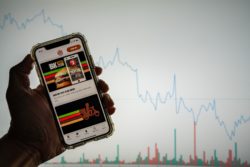





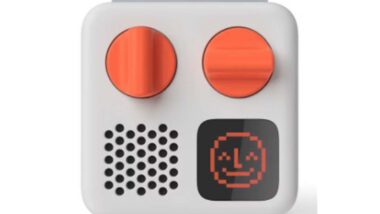

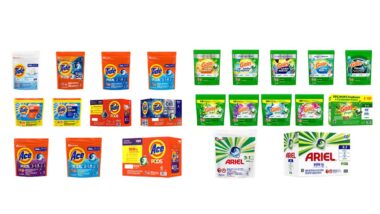
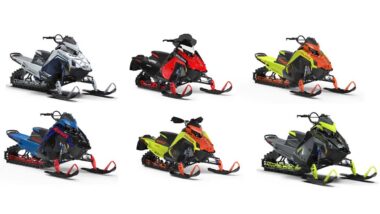
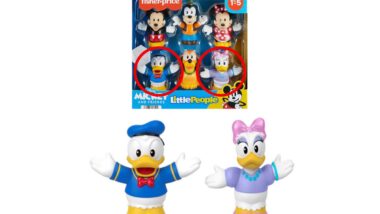

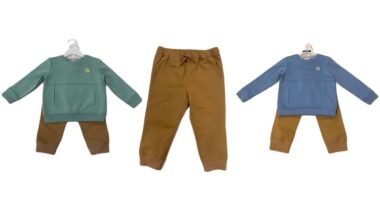
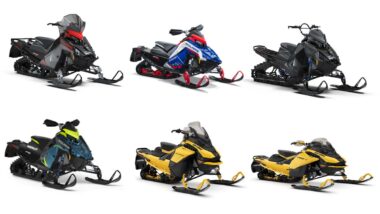



11 thoughts onClass Action Lawsuit Calls Tracking Mobile Apps “Intrusive and Excessive”
How can someone join the class action suit?